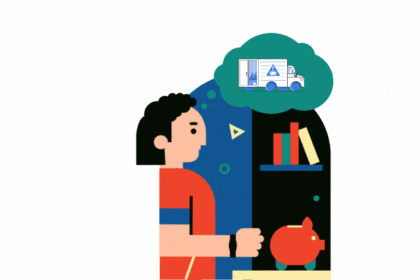Typically, an ethical supply chain means higher costs for raw materials and labor. But, some believe that it ultimately pays off for companies, as such efforts can improve reputation among consumers and produce greater brand loyalty. An ethical supply chain, among other things, involves improved working conditions, community involvement or environmental efforts.

Research indicates that a significant number of people are willing to pay more for ethically sourced raw materials, offset carbon emissions, good working conditions etc.
Click here to know more about going green, business-wise.
Water consumption
Among people who are willing to pay more for products born out of an ethical supply chain, a major chunk of respondents tend to look at water consumption of the product. Related to this, people look for the use of biodegradable packing materials, use of solar panels and reduced carbon emissions.
Click here to know how these eco friendly measures help.
Fair wages
A lot more people are willing to shell out money towards a purchase if the product is made by workers have decent compensation, overtime compensation and other monetary benefits that are in accordance to their Governmental scheme.
Workplace Safety
Ensuring greater workplace safety, providing educational opportunities to workers and their families, ensuring an eight-hour work day are also concerns that come up in surveys among customers who would pay more for ethical supply chain products. A break room facility for employees can be termed a good workplace advantage.
Community involvement
Recent times of economic downturn have made sure that providing local jobs makes a product seem charming on the shelves. So, instead of outsourcing labor to far corners of the world, expanding a company’s factory operations in areas with high unemployment garners is an ethical practice.
Donating to local nonprofits, funding scholarships and good union contracts are also ways to involve local community in the ethical supply chain.
Involving the differently-abled
Employing the differently-abled is another factor in the ethical supply chain. The least one can do, to be called a practitioner of the ethical supply chain, in this aspect, is to have a percentage of the workforce from the differently-abled population.
Human Rights
No one wants to buy a product that has been produced in a sweatshop in an under developed nation where workers don’t have access to a decent toilet facility. A very important aspect of the ethical supply chain basics is to make sure that children are not in any way employed in the making of a product. It is every child’s basic right to have a normal childhood, go to school and aspire for better things. Labor contracts are reviewed for ethical issues.
Reflection in sales figures
Sales in certain high end luxury segment market goods goes up with tags like ‘environment friendly, ‘ethically sourced’, ‘fair trade’ tags. Regardless of consumer attitudes, it is a good practice to stick to ethical supply chain models as much as possible, for the greater good. When organizations resolve to depend on ethical supply chains, they gradually become the norm and raises ethical standards everywhere.





